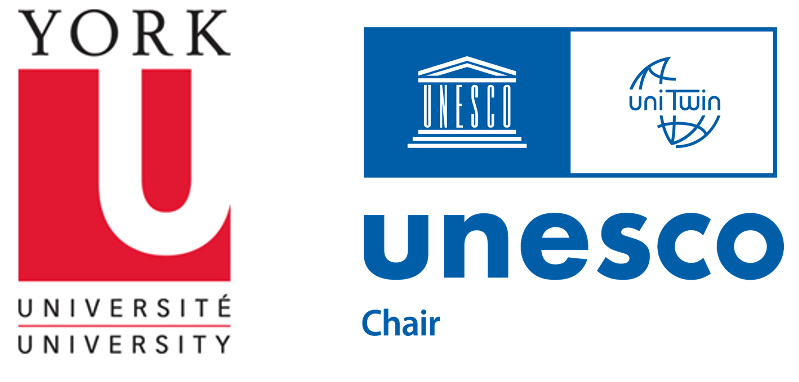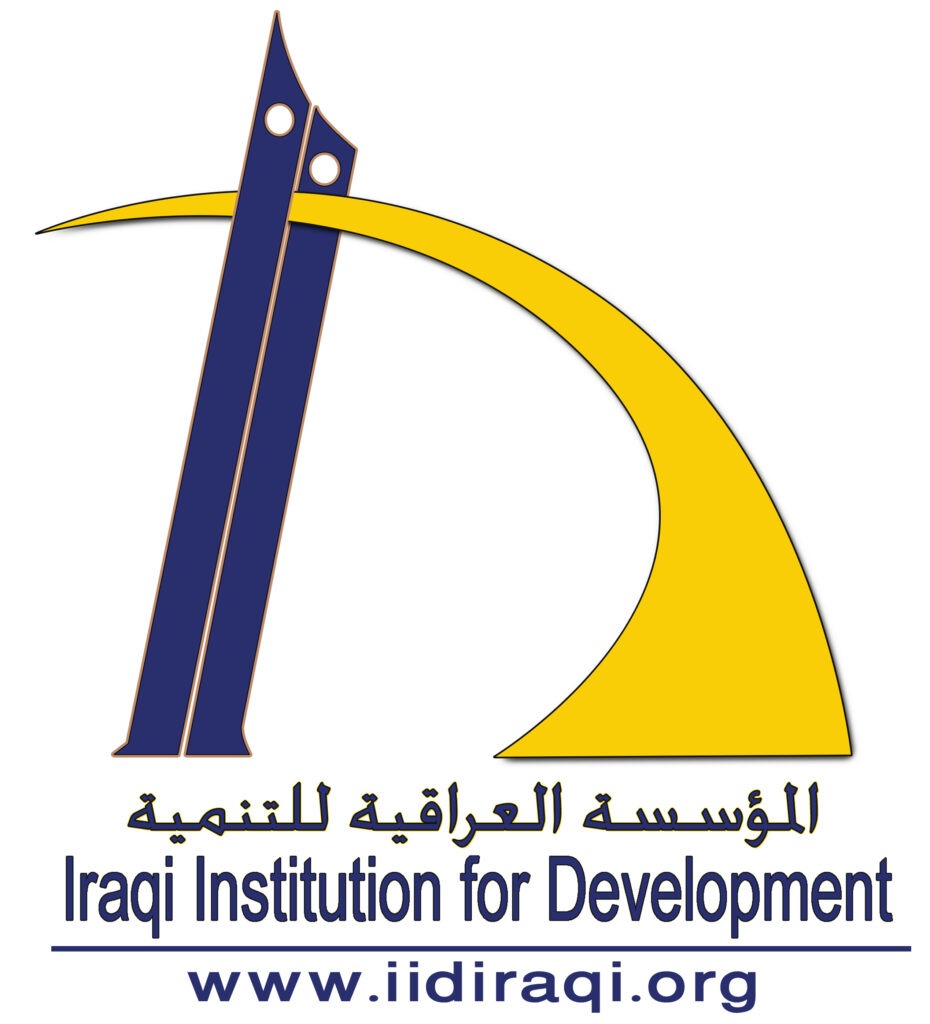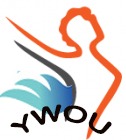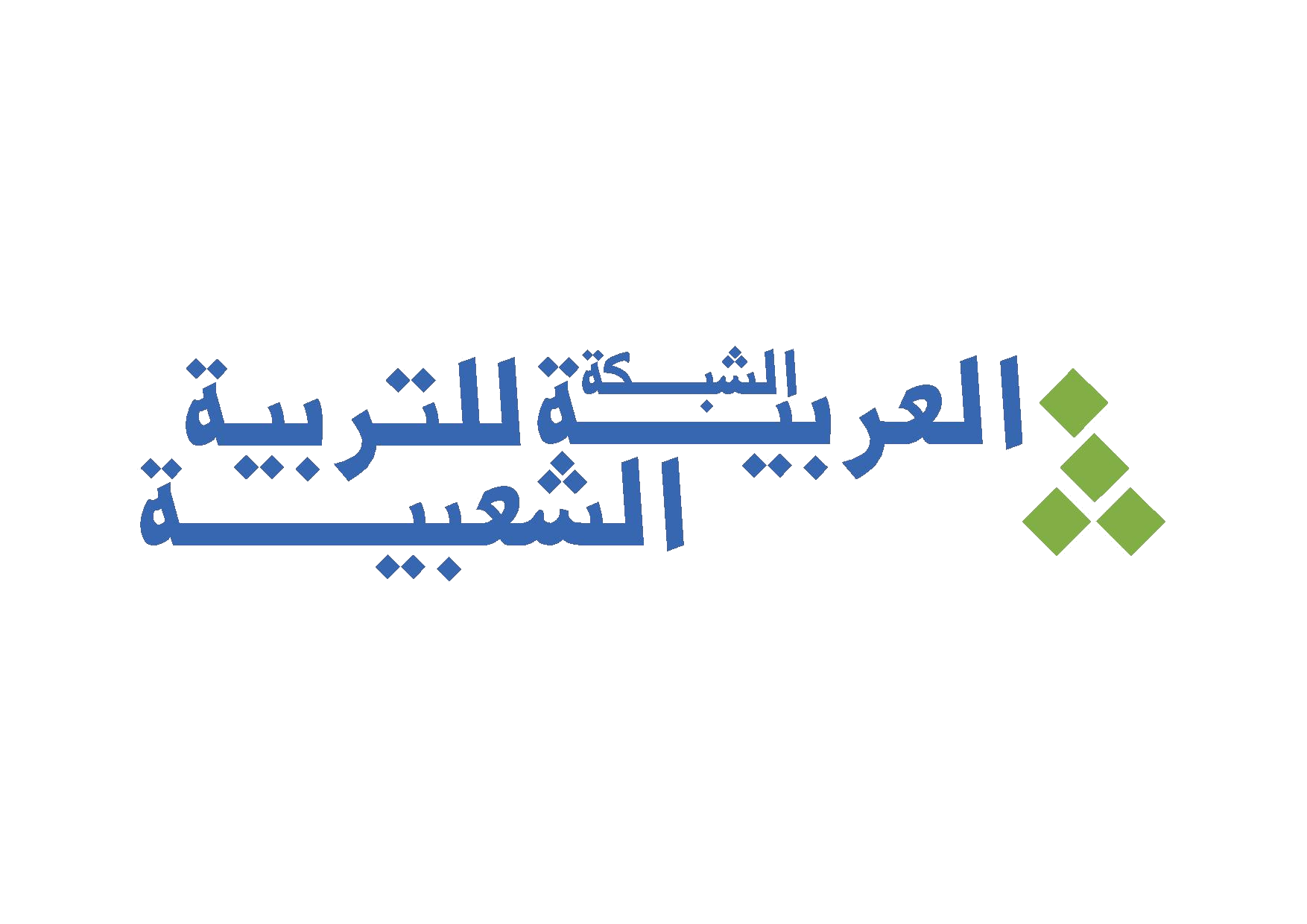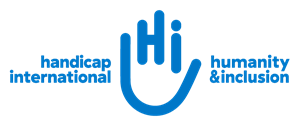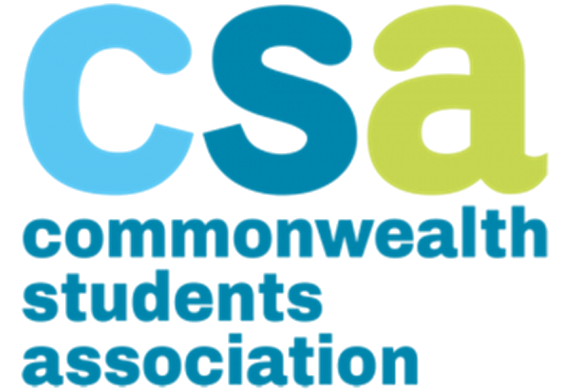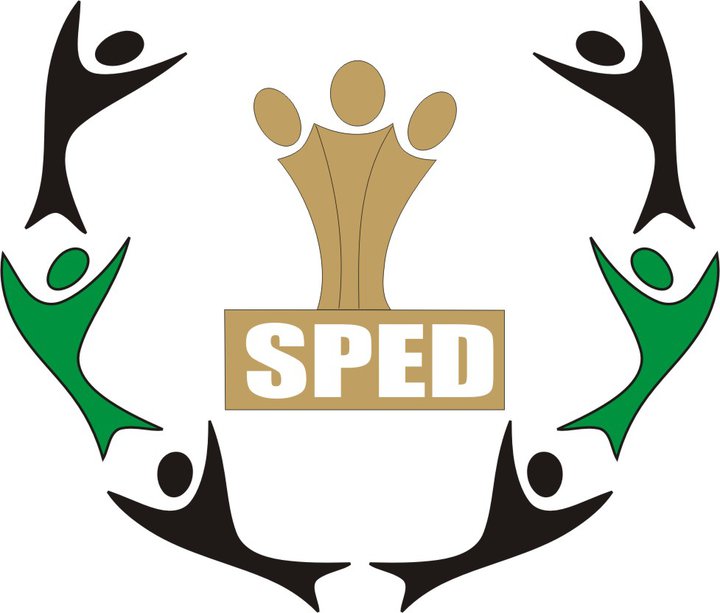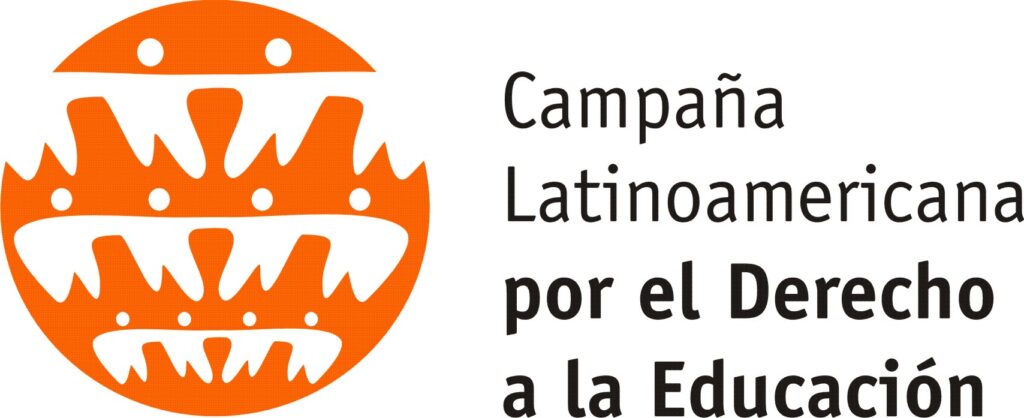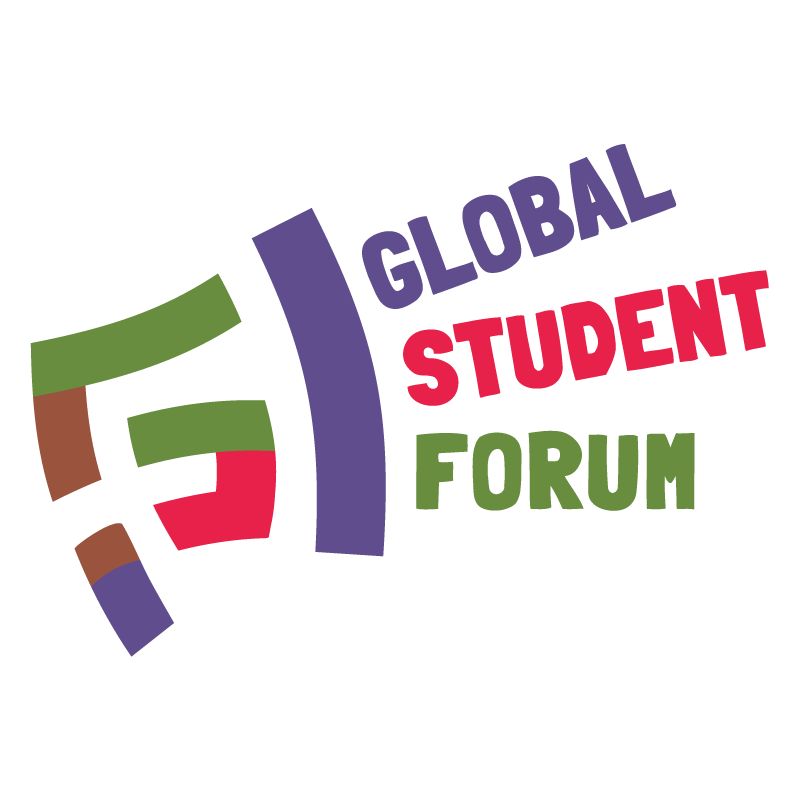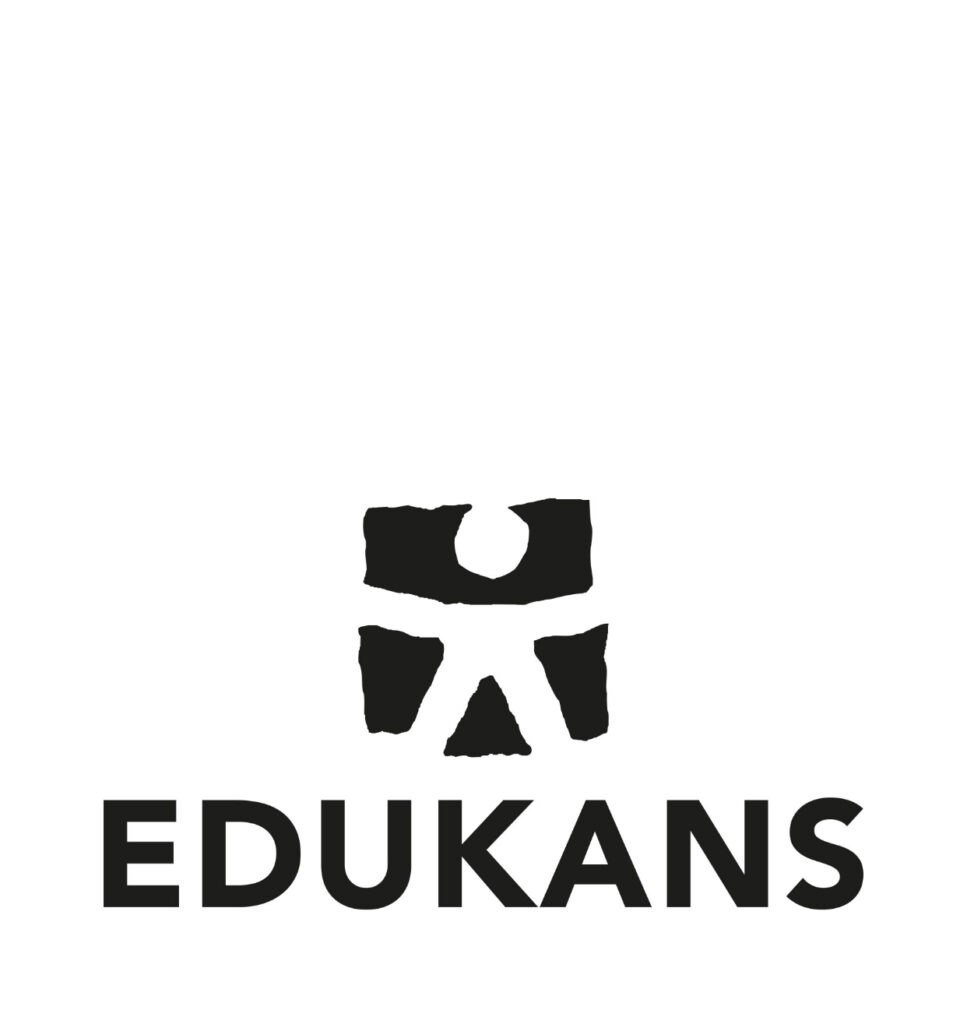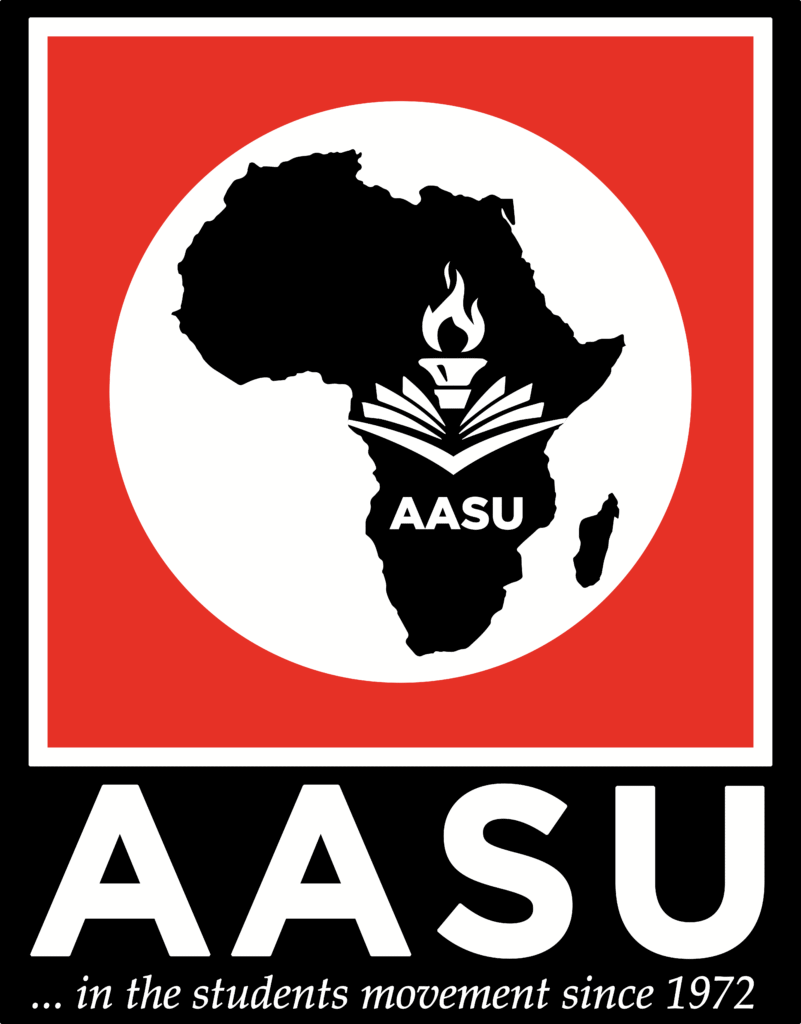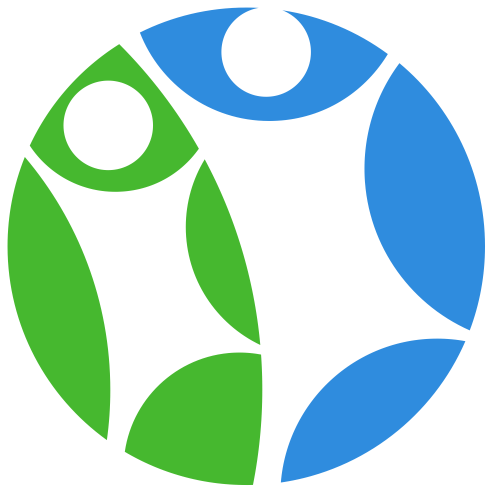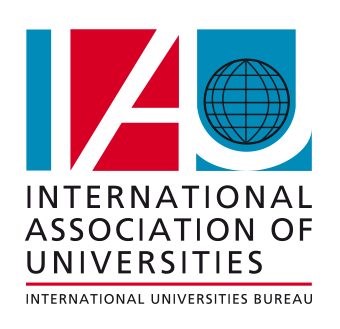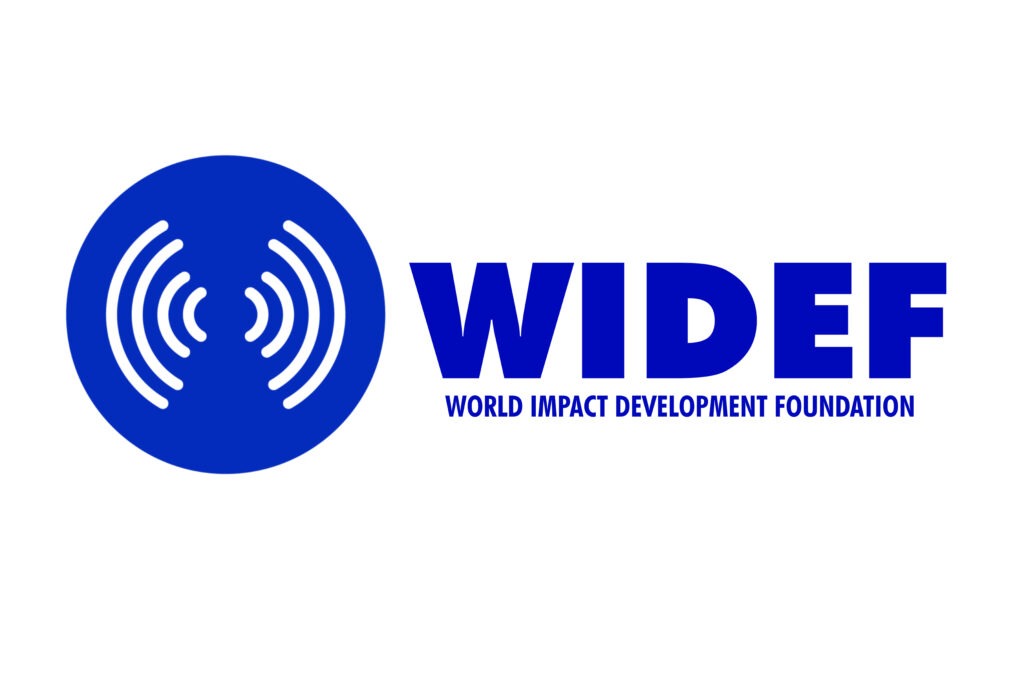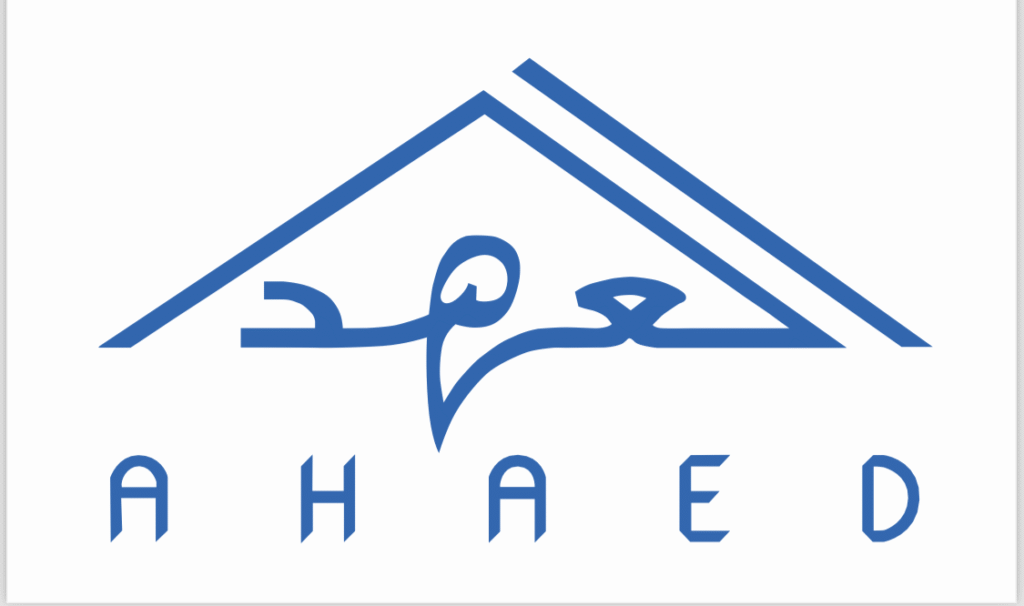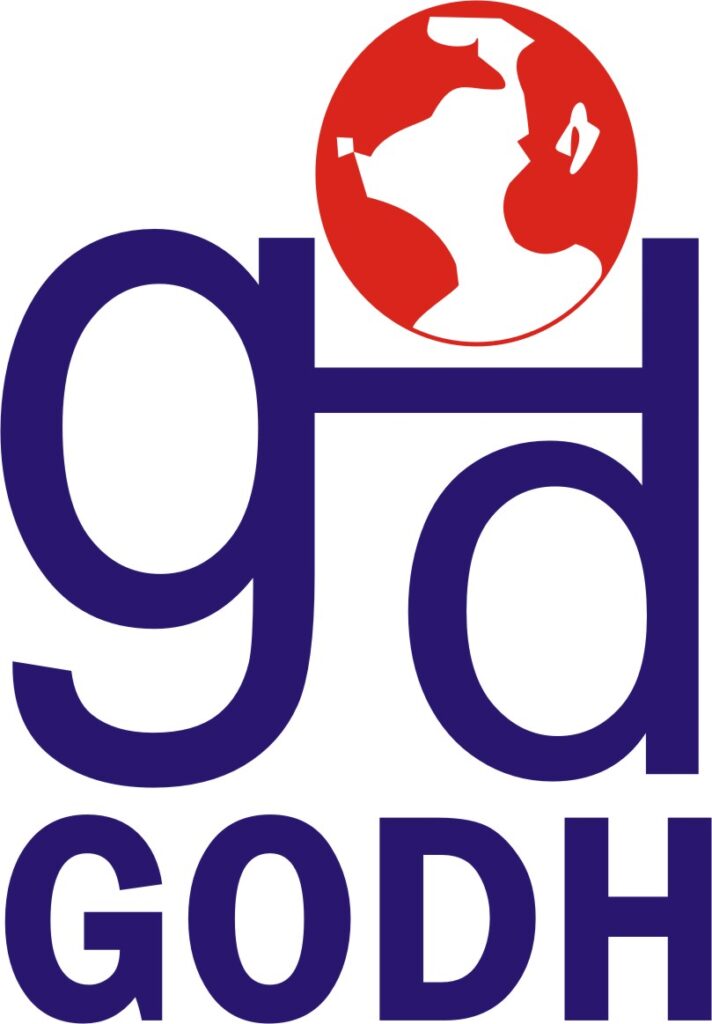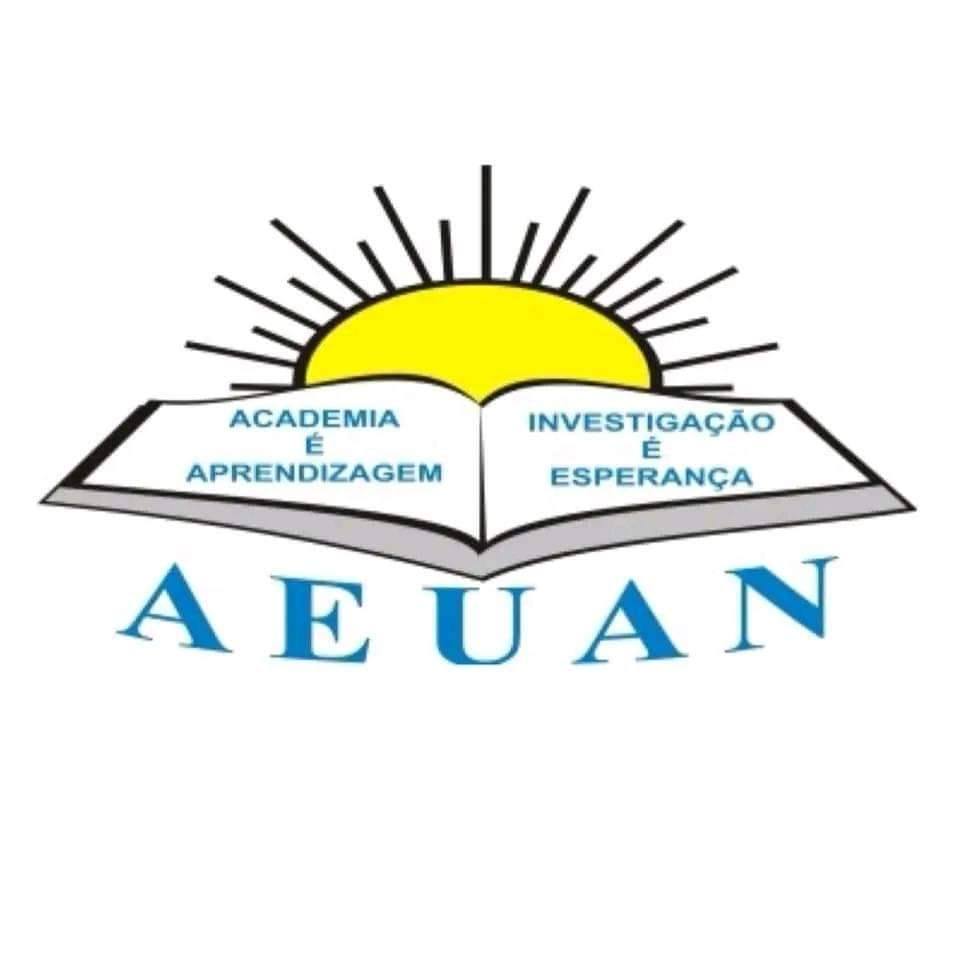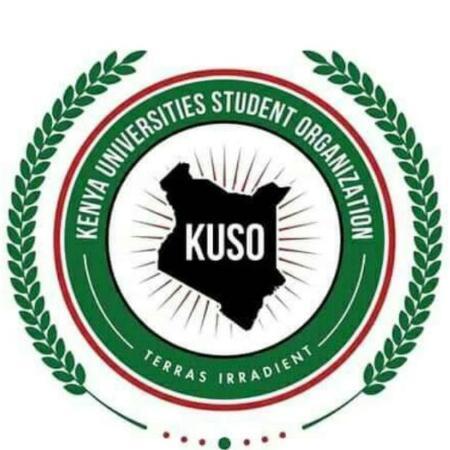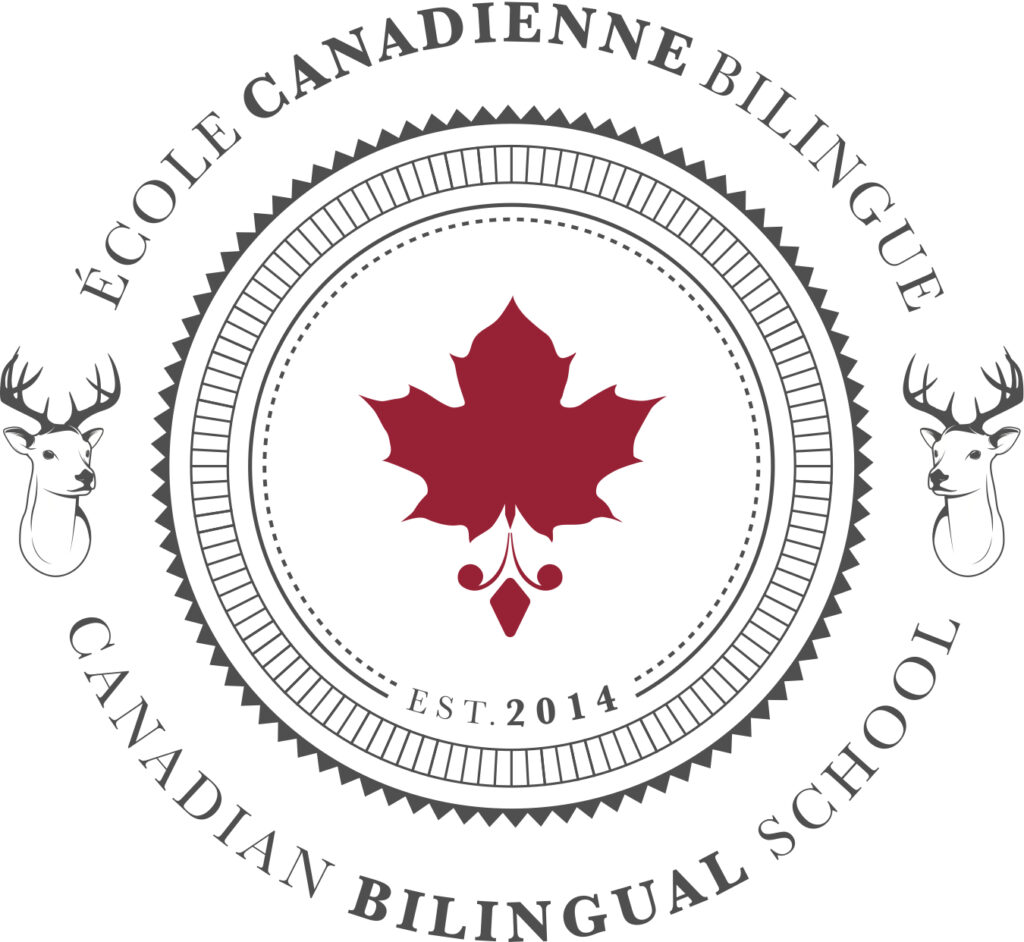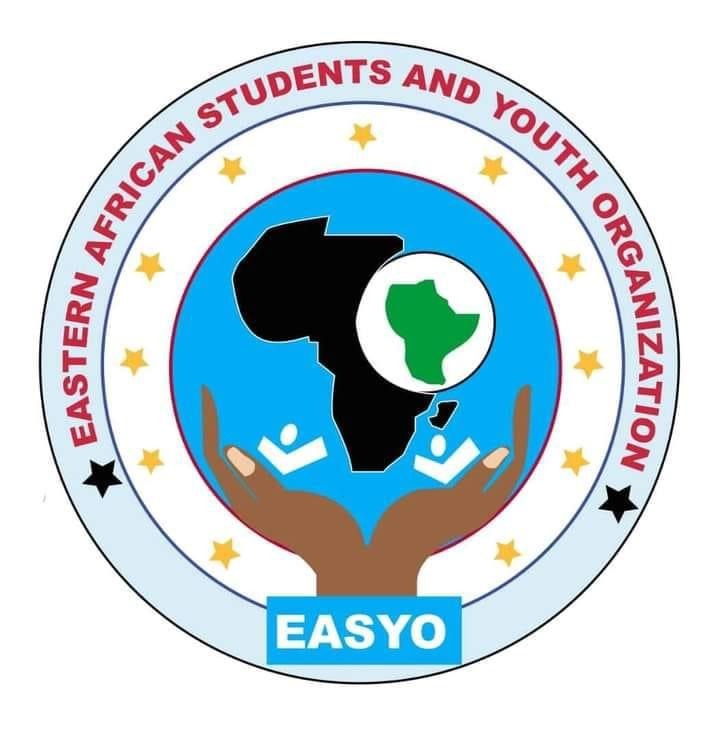About us
The Education and Academia Stakeholder Group is open to all organisations working for the full realisation of the right to free, inclusive, quality education for all, the implementation of Agenda 2030 and SDG 4 in particular.
EASG brings together human rights-based education civil society organisations, and academic organisations and networks that work on the right to education. We self-organise to monitor and review the Sustainable Development Goals as an official UN Stakeholder group.
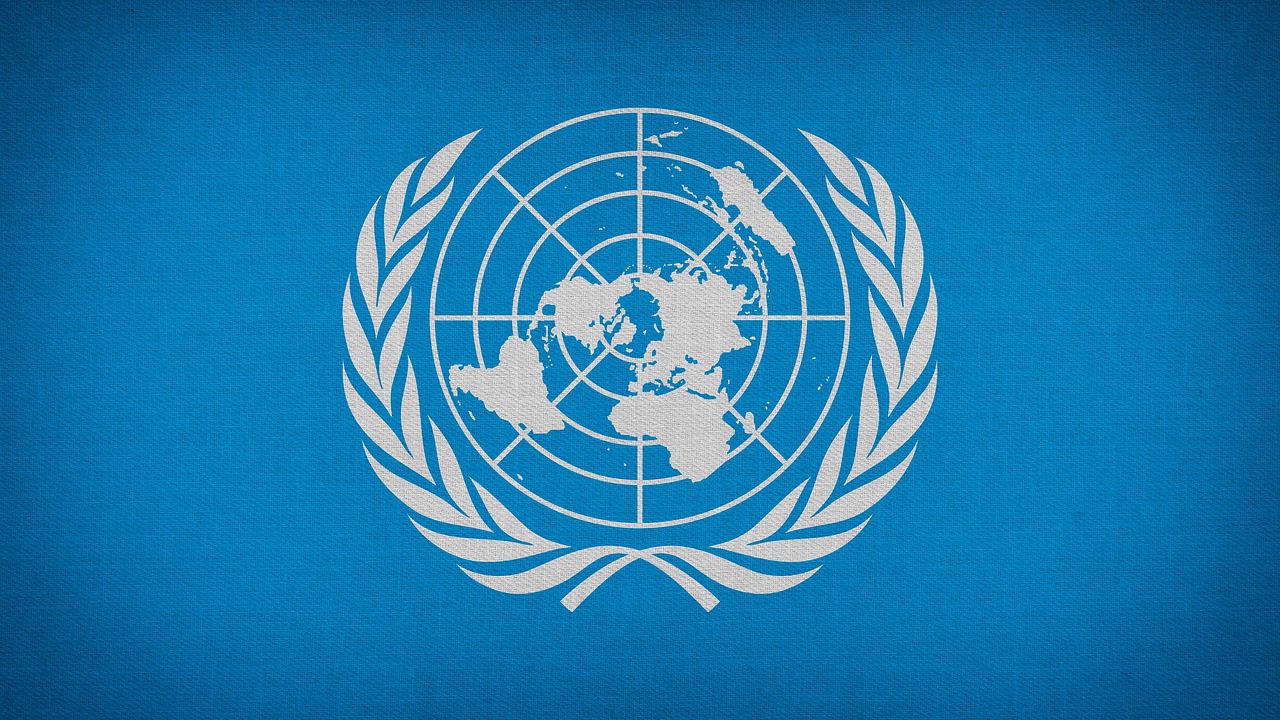
Education and Academia at the United Nations
The primary role of the EASG is to ensure and facilitate meaningful participation of human rights-based education and academia organisations and networks in UN policy spaces, including in the follow-up and review of the SDGs at the High-Level Political Forum (HLPF). The EASG seeks to influence policy by ensuring effective participation in UN processes, including SDG implementation mechanisms and spaces at global, regional and national levels.
Such participation is brought about through coordinated advocacy at all levels; developing informed research-based advocacy messages, materials, and analysis; and engaging in communications and media work to raise awareness of critical educational issues – including both progress made and eventual drawbacks – in order to hold governments to account and push for the realisation of human rights.
What is High-Level Political Forum?
The High-Level Political Forum (HLPF) is the UN’s central platform for reviewing progress on the 2030 Agenda and the Sustainable Development Goals (SDGs). Each year, it brings together global stakeholders to address challenges and share solutions for sustainable development.
EASG actively engages in the HLPF, advocating for quality education as a foundation for achieving the SDGs. Through events and discussions, EASG highlights the transformative role of education in fostering equity, democracy, and resilience, while emphasizing the need for greater investment to bridge persistent funding gaps.
Here is why it matters
251 Million Children and Youth Out of School
Despite progress since 2015, the number of out-of-school children and youth has decreased by only 1%, leaving 251 million still without access to education. This stagnation is largely due to underfunding, especially in low-income countries where 33% of school-aged children are not enrolled, compared to just 3% in high-income nations (UNESCO).
Climate Disruptions Affected 242 Million Students in 2024
In 2024, extreme weather events such as heatwaves, floods, and cyclones disrupted schooling for at least 242 million students across 85 countries. These climate-related disruptions disproportionately impacted students in low- and lower-middle-income countries, exacerbating existing educational inequalities (UNICEF).
Adult Education Participation Critically Low
In nearly one-third of countries, fewer than 5% of adults aged 15 and above participate in education and learning programmes. Disadvantaged and vulnerable groups such as Indigenous learners, rural populations, migrants, older citizens, people with disabilities, or prisoners are particularly deprived of access to learning opportunities (UNESCO).
Increasing Demand and Disparities in University Enrolment
Some 264 million students are enrolled in universities around the world – a number that has more than doubled in the last 20 years and is set to expand. Yet despite the boom in demand, the overall enrolment ratio is 43% with large differences between countries and regions. More than 9 million students are pursuing their further education abroad. And among the world’s more than 123 million refugees, only 7% of eligible youth are enrolled in higher education, whereas comparative figures for primary and secondary education are 68% and 34%, respectively (UNESCO/UNHCR).
Education as a right
The EASG underlines that the right to education begins at birth and traverses all ages, recognising all people – from Early Childhood Care and Education up to Adult Education, including older persons – as subjects of rights. For the right to be fulfilled, availability, accessibility, acceptability and adaptability of education must be ensured. Noncompliance with any of these dimensions, will result in violation of the right.
The EASG understands that to tackle and overcome structural economic, social and environmental crises as well as intersecting inequalities and multiple forms of discrimination based on gender, age, class, caste, race, ethnicity, sexual orientation, gender identity, disabilities, and other status it must work in dialogue and collaboration with all MGoS and Civil Society Organisations from different sectors.
